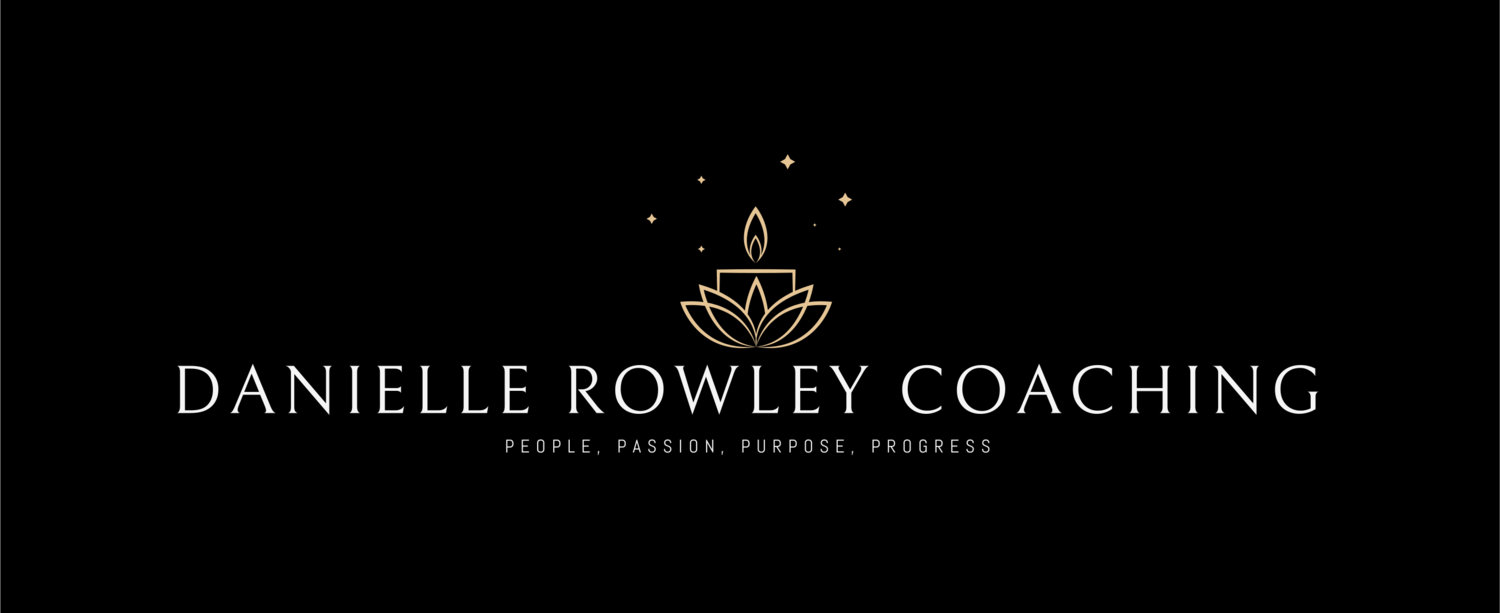Mastering Emotions: The Key to a Happier, Healthier Life
The Crucial Role of Emotional Management: How to Keep Your Cool and Why It Matters
Emotions are a big part of what makes us human. They influence our thoughts, actions, and how we relate to others. While emotions can drive us to achieve great things, they can also lead to actions we might regret. Knowing how to manage our emotional reactions is critical to a happy and successful life. Let's dive into emotional responses, how to control them, and what happens when we don't.
What Are Emotional Reactions?
Emotional reactions, those instant responses that shape our behaviour and choices, are like a secret language of our brains, influenced by our past experiences, culture, and personality. Let's unravel this fascinating aspect of our humanity.
In today's fast-paced world, emotional intelligence is more crucial than ever. And one of the key components of emotional intelligence is the ability to control your emotions. When you are able to control your emotions, you can make better decisions, communicate more effectively, and build stronger relationships. It also helps you manage stress and conflict more successfully. In both personal and professional settings, the ability to control your emotions can make the difference between success and failure. So, if you're ready to take your emotional intelligence to the next level and unlock your full potential, mastering the art of controlling your emotions is essential.
Why It's Important to Control Your Emotions
1. Better Relationships: Letting our emotions run wild can lead to misunderstandings and fights with the people we care about. By managing our emotions, we can communicate better, understand others more, and build stronger relationships.
2. Smarter Decisions: When emotions take over, they can cloud our judgment and lead to impulsive choices. Keeping our emotions in check helps us think more clearly and make better decisions.
3. Less Stress: Stress and anxiety often come from being unable to manage our emotions. Learning to control our emotional reactions can help us feel calmer and more relaxed.
4. More Productivity: Emotional outbursts can distract us from our goals and make focusing hard. We can be more productive and stay on track with our tasks by staying in control.
Are you tired of feeling overwhelmed by your emotions? Do you struggle to maintain control when things get tough? or know someone who does.. Keep reading…
What Happens When You Don't Control Your Emotions
1. Relationship Problems: Uncontrolled emotions can lead to fights and hurt feelings, pushing away the people you care about and creating tension and mistrust.
2. Mental Health Issues: Constant emotional upheaval can contribute to mental health concerns like depression and anxiety. Not managing your emotions can make these conditions worse.
3. Work Challenges: At work, losing control of your emotions can affect your performance and relationships with colleagues, potentially holding back your career.
4. Physical Health Problems: The unchecked stress from unmanaged emotions can wreak havoc on your body, leading to heart troubles, a weakened immune system, and digestive issues. Neglecting your emotional health is like neglecting your body's health.
Emotions are an integral and natural part of our existence, but mastering them is pivotal for personal well-being. Techniques such as mindfulness, altering negative thought patterns, deep breathing, and seeking support can empower you to control your emotional reactions. The rewards of this endeavour are manifold: enhanced relationships, sharpened decision-making, diminished stress, and amplified productivity. Conversely, neglecting your emotions can pave the way for significant challenges in your personal life, mental health, work, and physical well-being.
By mastering your emotions, you can pave the path to a happier, healthier, and more fulfilling life. Through simple, actionable techniques, you can learn to understand your emotions better and gain the tools to respond with clarity and composure.
How to Control Your Emotions
1. Practice Mindfulness: Mindfulness is about being present and aware of your feelings without getting overwhelmed. Meditation can also help by making you more aware of your emotions and teaching you to stay calm.
2. Change Your Thoughts: Cognitive-behavioral techniques involve recognizing and changing negative thought patterns. For example, if you're angry, ask yourself why and whether your reaction is justified. Writing down your thoughts can also help.
3. Deep Breathing: Deep breathing can help calm your nervous system. When you feel an emotional reaction building, try taking a few slow, deep breaths to calm down.
4. Talk to Someone: Sharing your feelings with friends, family, or a therapist can provide support and perspective. Talking about what's bothering you can help you feel better and see things more clearly.
Are you tired of letting your emotions get the best of you?
When you don't control your emotions, it can lead to poor decision-making, damaged relationships, and increased stress. But it doesn't have to be this way
By learning to manage your emotions, you can experience greater success, healthier relationships, and improved overall well-being.
Our EI Coaching program offers practical techniques and strategies to help you take charge of your emotions and live a more balanced life.
Learn "How to Control Your Emotions" today and start living a more empowered life.
Follow the LINK for more information


